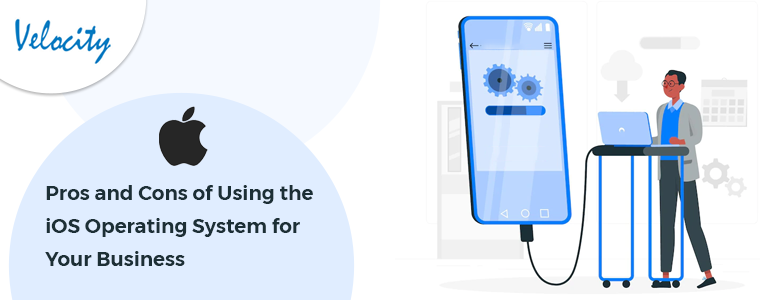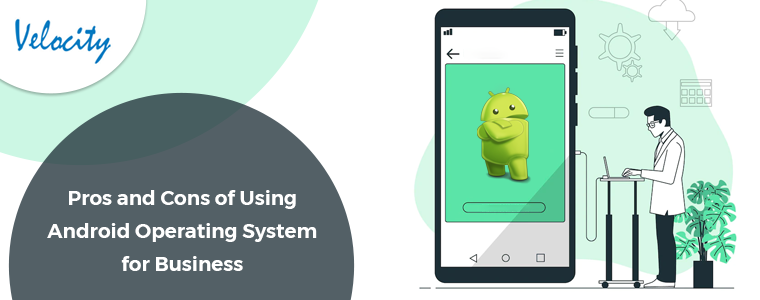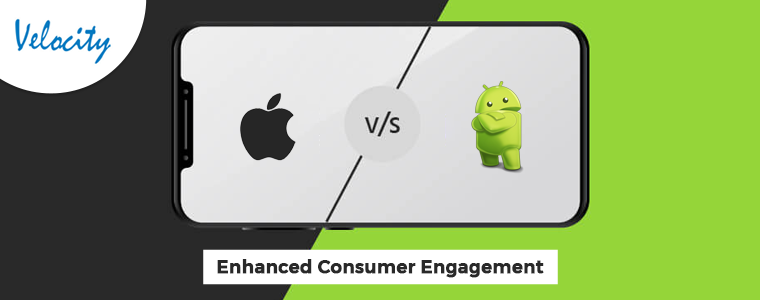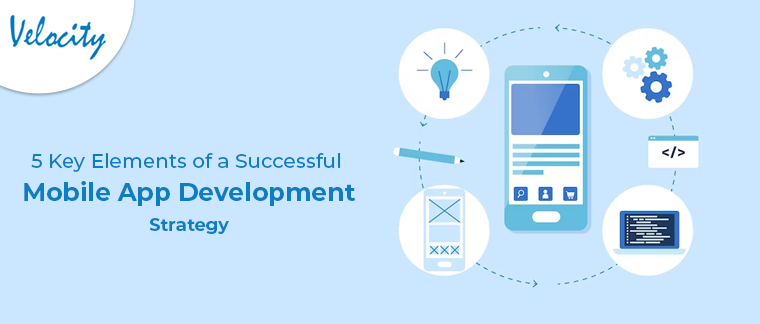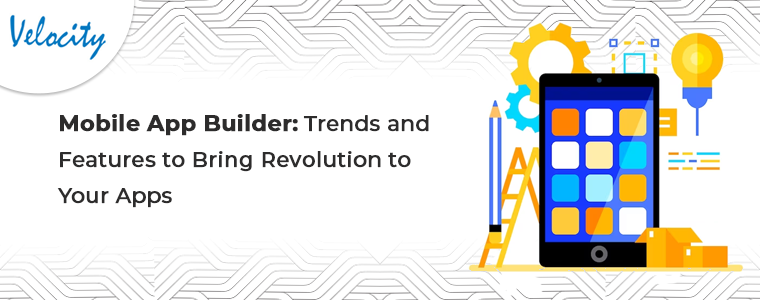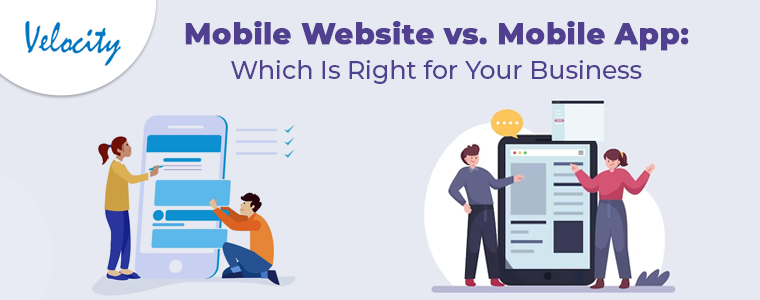There is no question that the Android and iOS platforms are two of the most popular in the world. Both platforms have their pros and cons, but which one is better for your business? In this blog post, we will conflict and contrast Android and iOS to help you decide which platform is right for you. iOS is known for its user-friendly interface and its wide range of apps. Android, on the other hand, is known for its flexibility and customization options. So, which one should you choose?
If you are looking for a platform that is user-friendly and has a wide range of apps, iOS is the better choice. However, if you are looking for a platform that is more flexible and customizable, Android is the better choice. In the end day, it really depends on your specific needs as a business. If you need a platform that is user-friendly and has a lot of app options, iOS is the way to go. If you need a platform that is more flexible and customizable, Android is the better choice. Whichever platform you choose, make sure it is the right fit for your business.
Pros and Cons of Using the iOS Operating System for Your Business
There are many businesses that have to make a choice between Android and iOS. This can be a difficult decision, as both platforms have their pros and cons. In this blog post, we will have a look at the pros and cons of using iOS for your business.
Pros:
User-Friendly Interface:
One of the biggest advantages of using iOS is its user-friendly interface. The user interface is easier and more intuitive, making it easier to use for those who are not as tech-savvy.
Wide Range of Apps:
Another advantage of using iOS is its wide range of apps. There are several apps available for the platform, which gives you a lot of options to choose from.
Better Battery Life:
Another advantage of using iOS is its better battery life. Because the platform is more efficient, it uses less battery power. This means that you can use your device for longer periods of time without having to worry about it running out of juice.
More Secure:
Another advantage of using iOS is its security. Apple takes security very seriously, and as a result, iOS is more secure than Android. This makes it a good choice for businesses that handle sensitive data.
Cons:
Expensive Devices:
One of the biggest disadvantages of using iOS is its expensive devices. Apple products are often seen as being of higher quality, and as a result, they come with a higher cost.
Less Customizable:
Another disadvantage of using iOS is its lack of customization. You can’t change as much on the platform as you can on Android. This means that it might not be the best choice for businesses that need a lot of customization options.
Fragmentation Problem:
One of the biggest problems with Android is its fragmentation problem. There are many versions of the Android operating system out there, which can make it difficult to develop apps that work on all devices.
Customer Service:
Apple is known for its excellent customer service. If you have any problems with your iOS device, you can usually count on Apple to help you resolve them. Android, on the other hand, does not have the same level of customer service.
Pros and Cons of Using Android Operating System for Business
There are many businesses that have to make a choice between Android and iOS. This can be a difficult decision, as both platforms have their pros and cons. In this blog post, we will have a look at the pros and cons of using Android for your business.
Pros:
More Flexible and Customizable:
One of the big advantages of Android is that it is more flexible and customizable than iOS. This means that you can change more things on the platform to better suit your needs.
Open Source:
Another advantage of Android is that it is open source. This means that anyone can develop the platform, which gives you a lot of different options to choose from.
Better Battery Life:
Another advantage of using Android is its better battery life. Because the platform is more efficient, it uses less battery power. This means that you can use your device for longer periods of time without having to worry about it running out of juice.
Lower Cost:
One of the biggest advantages of using Android is its lower cost. Android devices are often cheaper than their iOS counterparts, which makes them a better choice for businesses on a budget.
Cons:
Fragmentation Problem:
One of the biggest problems with Android is its fragmentation problem. There are many versions of the Android operating system out there, which can make it difficult to develop apps that work on all devices.
Customer Service:
Another disadvantage of using Android is its customer service. While there are some companies that offer good customer service, it is not as widely available as it is for iOS devices.
Security Issues:
Another downside of using Android is its security issues. Because the platform is so open, it is easier for malicious software to find its way onto your device. This can be a big problem for businesses that handle sensitive data.
Now that you know the difference between Android and iOS, it’s time to decide which platform is right for your business. If you need a more flexible and customizable platform, Android is the better choice. However, if you need a user-friendly interface and a wide selection of apps, iOS is the way to go. Whichever platform you choose, make sure it is the right fit for your business.
Conclusion
When it comes to deciding between Android and iOS, businesses need to consider what their needs are. If they require a more flexible and customizable platform, Android would be the better choice. However, if they need a user-friendly interface and a wide selection of apps, iOS might be the way to go. It is important to choose the platform that is the best fit for the business.

